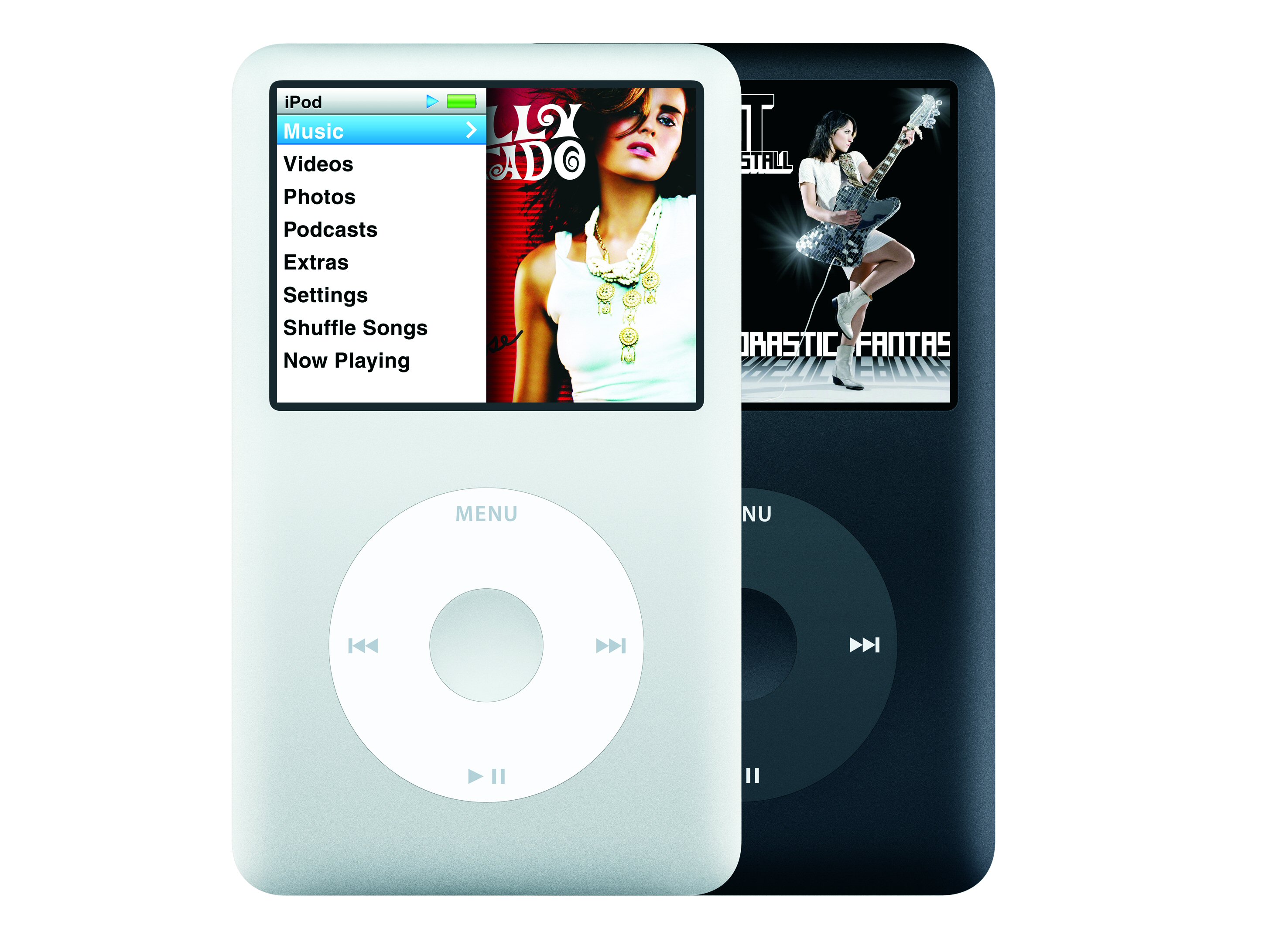Are our iPods and MP3s making us deaf?
Sounds of silence to blame.

We've heard similar claims in the past, but two new reports on the dangers of loud music clarify the role played in hearing damage by listening only to artificially loud music played through headphones.
Separate pieces in the Guardian and the Telegraph lay the blame for increasing rates of hearing loss among the young at the door of audio compression. It's a technique that elevates quiet passages in recordings to the same level as the louder parts to give the impression of a uniformly loud recording.
The Telegraph report cites MP3 players as being the primary cause of the problem, chiefly because they're the most common choice for people listening to music on headphones.
The fact that many listeners apparently turn up the quiet parts simply to hear them at all through headphones dogged by outside noise, then leave the volume on high, is leading to creeping hearing loss in many.
What's that you say?
Not only that, but ears unaccustomed to quiet sounds simply never learn to make the distinctions we've traditionally had to make when listening to anything from TV shows to each others' voices.
It should be noted that audio compression has nothing to do with the file compression used on iPods and other MP3 players to make audio files smaller. Excessive file compression can cause audio problems of its own though - namely a degradation in overall sound quality.
Get daily insight, inspiration and deals in your inbox
Sign up for breaking news, reviews, opinion, top tech deals, and more.
Audio compression has been widely used in music ever since the 1960s as a way to make music sound more punchy and exciting on the radio than it would otherwise be. Used wisely it can be a great way to grab your attention.
Loud all over
The problem now is that audio compression techniques are so widespread they can be found on everything from CDs to TV programmes, which in turn limits our enjoyment. It's a bit like listening to someone SHOUTING ALL THE TIME.
So concerned is musicians' organisation Turn Me Up that it has posted an explanatory video that explains this unexpected by-product of the digital age.
J Mark Lytle was an International Editor for TechRadar, based out of Tokyo, who now works as a Script Editor, Consultant at NHK, the Japan Broadcasting Corporation. Writer, multi-platform journalist, all-round editorial and PR consultant with many years' experience as a professional writer, their bylines include CNN, Snap Media and IDG.